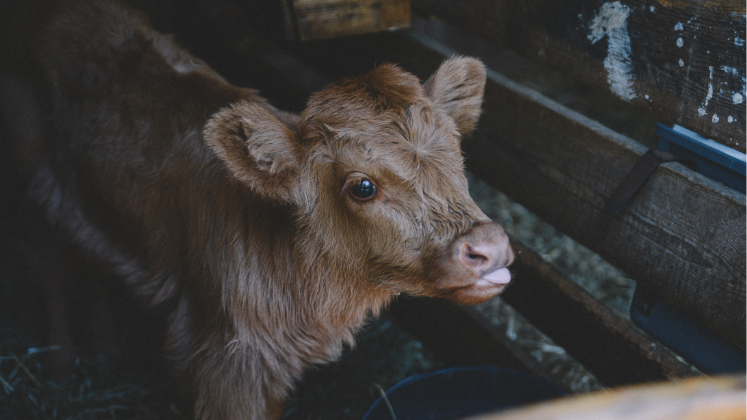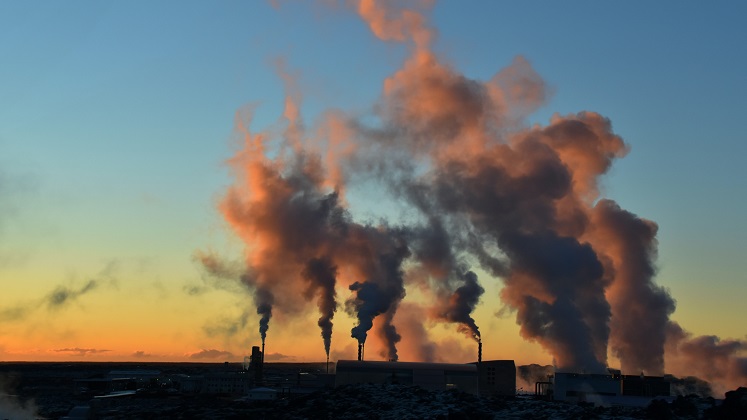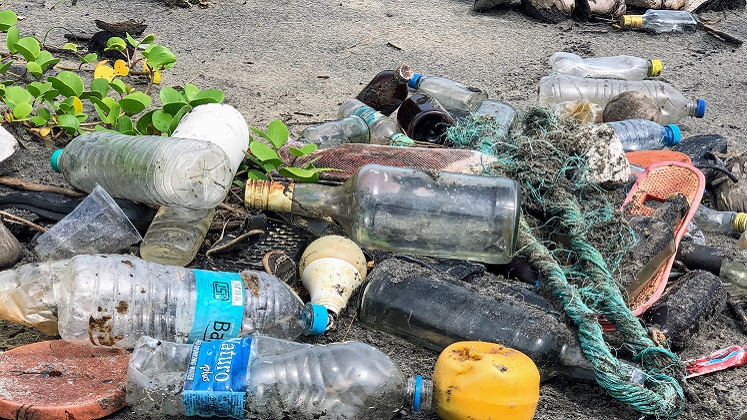We spoke to MSc Psychology of Economic Life (2021) alumna Lara Pohl-Martell about doing the Master’s in Psychology of Economic Life and her work with ReLondon to revolutionise our relationship with stuff.
Why did you choose to study MSc Psychology of Economic Life?
Previously, I worked at a bank which left me feeling disillusioned about economics and I felt it didn’t meet my values. So, I decided to take a complete 180-degree turn and I studied psychology for my bachelor’s degree. While studying, I became more and more interested in sustainability and in environmental psychology. I realised that, rather than turn my back on economics, it would make more sense to take a new perspective and try to understand how I could shape economics for the better. Economics is everywhere; whenever you engage in everyday life, that has to do with economics.
When I found the MSc Psychology of Economic Life programme at LSE, I was really excited because it combined these three components: psychology, economics and sustainability.
What are you doing now?
I work as a Business Advisor with ReLondon’s Business Transformation team. ReLondon is a partnership between the Mayor of London and the London boroughs to approve waste and resource management and transform London into a leading low-carbon circular economy.
The circular economy is an economy in which stuff – materials, resources – are kept in use for as long as possible, and therefore deliver the highest value they can.
At ReLondon we want to revolutionise our relationship with stuff, and in doing that help London waste less: reuse, repair, share and recycle more. In the Business Transformation team, we are working with small and medium size London businesses to help and empower them to transform the way they do business through circular strategies.
How did MSc Psychology of Economic Life help you get to where you are now?
As a business advisor, I think I have gained more of a business perspective, but I wouldn’t be where I am without the master’s.
On a high level, the master’s helped me gain a better understanding of our current economic system and the issues around it. A lot of those issues come down to the fact that we are not ‘rational’ beings – homo economicus or ‘economic man’ – we have emotions and take non-rational actions that influence our decisions. The master’s in Psychology of Economic Life showed me that there are other ways to look at economics, and to take a more holistic view.
On a more concrete level, the programme offered me enough freedom to really focus on topics that I was enthusiastic about and that, for me, was the circular economy. I used the master’s to really zoom in on that in almost every essay and coursework I completed. The circular economy wasn’t part of the curriculum but there were plenty of connection points and so I tried to use the psychological perspective on the circular economy wherever I could. This focus really equipped me for the job I have now.

For example, for one of the essays I developed the “Circular Citizen” diagram (above) that takes a new angle on the role of the individual in the circular economy.
I used this diagram in my master’s dissertation to conduct research around this idea and to assess whether this helps people understand the concept of the circular economy. These insights helped me to gain a better understanding of the circular economy and this knowledge base helps me in the work I am doing.
What key issues are you trying to address in the work you are doing now?
My focus during the master’s was on the individual – the “citizen” – and their position in the circular economy.
Now my focus is on small businesses and how they can be successful in a circular economy. You may regard these as being two very distinct audiences, but there is so much interconnection; as a citizen you can’t really engage in a circular economy if there are no circular solutions out there support you in what you use and buy.
As a business, you are dependent on people using your stuff or engaging with your business. Through the master’s, and through my job now, I get insights into both of these areas. A lot of the work with small business I work with now, when they want to launch a new product, has a lot to do with how their customer engages with them and so I feel like I can draw insights from my research and studies.
One of the big issues that I am trying to address – and why I think the circular economy is so important- relates to this: 45% of global greenhouse emissions come from all the food, materials and products that we make, use and consume every day. That’s almost half of global greenhouse gas emissions. What that means is that every single thing we waste, can be translated into emissions that we didn’t need to emit.
If you take that further, every wasted material is a wasted opportunity to tackle the climate emergency. If we don’t tackle how we consume things, then we can’t really tackle climate change. This is why it’s important to work with small businesses and they make up a huge portion of London’s overall businesses.
What would you like to see happen in your field in the next ten years?
I would like to see more investment in circular economy solutions, and greater awareness of what the circular economy is so we can avoid unintended negative impacts.
There is still a tendency to look at the circular economy from a linear perspective and a tendency to stay in our well-known frameworks. The idea of the circular economy not clearly enough defined, and this has different implications. The first being there is generally a certain amount of uncertainty around the circular economy and that lack of knowledge impacts on a number of different levels. Businesses are unsure if and how they should engage in circular business activities, and consumers may feel unable to assess if something is really sustainable or may just be greenwashing.
What tips would you give anyone thinking of studying the programme?
The programme was really transformative and made me question a number of beliefs and assumptions that I had. It is not a master’s that will give you all the answers, but it is a programme that will make you think about the economy and our way of living. It will encourage you to ask questions.
If someone is interested in the nexus of psychology, sustainability and the economy, paired with a desire to make the world a better place, then I think this is the perfect programme for that person.
What advice would you give anyone wanting to get into the field you are currently in?
I would really encourage people to make the master’s programme their own. The content of the lectures is really the foundation, but I would encourage people to really build on that by focussing on the topic that they are passionate about and channelling that through their coursework and discussions, and also outside interests.
For example, aside from my coursework, I founded the LSE SU Circular Economy Society – a group for students interested in the circular economy and want to learn more about it both through theoretical inputs and hands-on activities. I would encourage anyone with a particular interest to find a society to broaden that interest.
A one year master’s isn’t a lot of time, so starting early and thinking about what you care about and what you want to get out of it is my number one piece of advice.
In 2020, you wrote the post ‘The role of psychology in building a more sustainable society’ for our blog. A year on, has your perspective shifted?
I was more idealistic when I wrote the blog post. Being more practical now, I do think working in the field has given me more of a reality check. My essay was alluding in the direction of degrowth which I think is really interesting. But in my job now I am realising that degrowth is such a radical system and that steering toward a circular economy, which is less radical, is already challenging in itself.
I’m still trying to figure out what sustainability means, and what our future should look like. I remain optimistic that the circular economy is a great concept that can help us along that path, but I am still in the process in thinking about what that needs to look like.
Notes:
- “Circular Citizen” diagram: Lara Pohl-Martell.
- ReLondon’ mission is to make London a global leader in sustainable ways to live, work and prosper by revolutionising our relationship with stuff and helping London waste less and reuse, repair, share and recycle more. ReLondon’s business transformation team provide expert, practical, one-to-one support and consultancy to SMEs, helping them to grow by translating circular principles into business opportunities.
- Lara Pohl-Martell joined the LSE Festival event ‘Rethinking our Disposable Society: how to build a circular economy’ on Wednesday 15 June 2022. More information about this event and the speakers are here. A podcast recording of this event will be made available via LSE Player.




